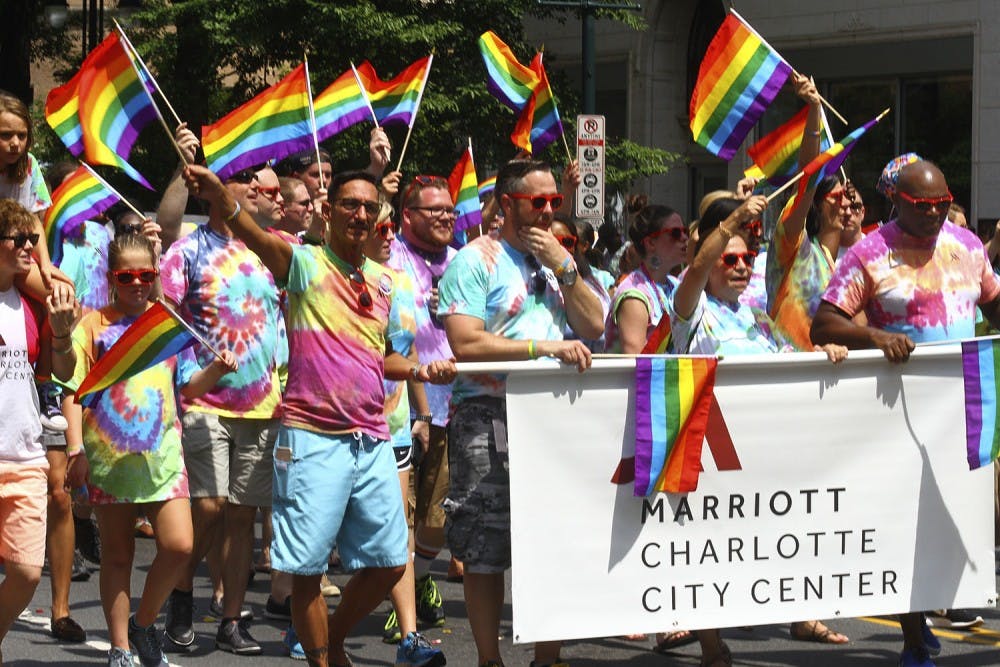The current ordinance protects against discrimination based on race, gender, religion, national origin, ethnicity, age and disability — but does not include marital status, familial status, sexual orientation, gender identity and gender expression.
This is the second time the ordinance has been put to vote. It failed in a 6-5 vote in March 2015.
Julie Eiselt, a council representative and a Democrat, said people protested the amendment last March largely because of the “bathroom issue,” or the belief that the amendment would allow men to enter women’s bathroom and make it easier for them to assault women.
Charlotte Mayor Jennifer Roberts brought the ordinance back for reconsideration, said UNC professor Rhonda Gibson.
“There’s been a lot more discussion since it failed,” she said. “People understand what it means, and (Roberts) thinks it should be reconsidered.”
Gibson said the cause of the amendment’s controversy is gender identity. It would provide safety for transgender people who do not feel safe using the bathroom of their preference.
“That calls into question the very nature of men’s and women’s bathrooms,” she said. “I think if we were starting bathrooms from scratch now, we would do individual bathrooms, so you would not have to declare a gender to use one.”
Claire Green Fallon, an at large council representative and a Democrat, said she doesn’t believe the vote will have much of an impact on the city, but she has seen a lot of anger in response.




